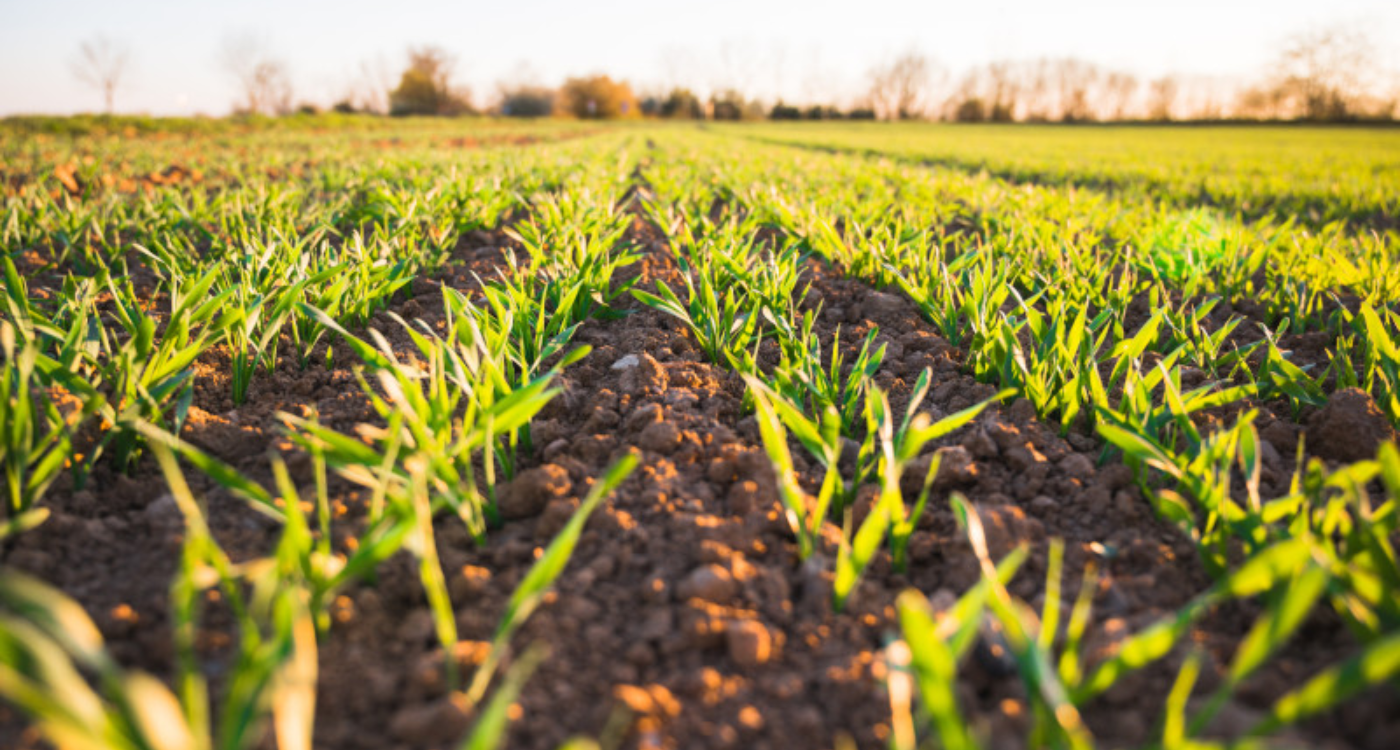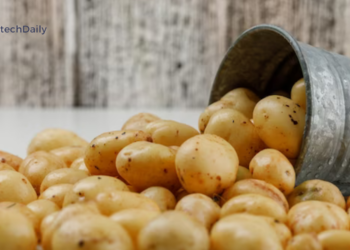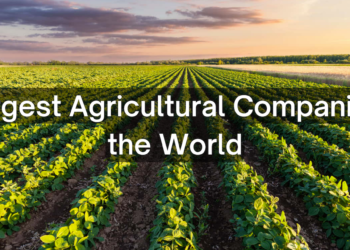This article explores the challenges and benefits of transitioning to organic farming and provides tips for making the switch successfully. We will discuss the advantages of organic farming, the challenges farmers may face during the transition and strategies for overcoming these challenges.
Organic farming has become increasingly popular in recent years, as consumers demand food that is free of pesticides, hormones, and other chemicals. However, transitioning from conventional farming to organic farming can be a challenging process. Farmers must navigate complex regulations, invest in new equipment and practices, and adjust their mindset to a new way of farming.
Benefits of Organic Farming:
Organic farming offers many benefits, both for farmers and consumers. Organic crops are grown without the use of synthetic fertilizers, pesticides, or genetically modified organisms (GMOs), which can be harmful to human health and the environment.
By avoiding these chemicals, organic farmers create healthier soil, reduce pollution, and preserve biodiversity. Additionally, organic crops are often more nutritious and flavorful than their conventionally-grown counterparts, making them a popular choice among consumers.

Organic farming offers numerous benefits to both farmers and consumers. Here are some of the key benefits of organic farming:
- Healthier Soil: Organic farmers prioritize soil health, using practices such as cover cropping, crop rotation, and composting to build soil fertility and health. This results in a soil that is richer in nutrients, more resilient to pests and disease, and better able to retain water.
- Reduced Pollution: Organic farming practices help to reduce pollution by avoiding the use of synthetic fertilizers and pesticides that can contaminate soil and water. Additionally, organic farmers prioritize conservation practices, such as minimizing tillage and using buffer zones, which can help to reduce runoff and protect nearby waterways.
- Biodiversity: Organic farms often support greater biodiversity than conventional farms. By avoiding the use of synthetic chemicals, organic farmers help to create a more hospitable environment for wildlife, including pollinators and beneficial insects.
- More Nutritious and Flavorful Crops: Organic crops are often higher in vitamins, minerals, and antioxidants than conventionally-grown crops. Additionally, many consumers find that organic produce has a fresher, more robust flavor than conventionally-grown produce.
- Improved Animal Welfare: Organic animal farming practices prioritize animal welfare by providing ample space for animals to roam and graze, and by avoiding the use of antibiotics and hormones.
- Increased Consumer Demand: As more consumers become aware of the benefits of organic food, demand for organic products is on the rise. This can help farmers to secure premium prices for their products and build a loyal customer base.
Challenges of Transitioning to Organic Farming:
Transitioning from conventional to organic farming can be a challenging process. Farmers must invest in new equipment and practices, which can be costly and time-consuming. Additionally, organic farming requires a different mindset than conventional farming, as it involves a more holistic approach to agriculture.
Farmers must learn to work with natural systems and use practices such as crop rotation, cover cropping, and composting to maintain soil health and fertility. Finally, organic farmers must navigate complex regulations and certification requirements, which can be a daunting task for those new to organic farming.
While there are many benefits to transitioning to organic farming, the process can also present a number of challenges for farmers.
Here are some of the key challenges associated with transitioning to organic farming:
- Financial Constraints: Transitioning to organic farming can be expensive, requiring significant investments in new equipment, infrastructure, and marketing efforts. Additionally, organic farmers may face higher production costs and lower yields in the short term, as they adjust to new growing methods and lower inputs.
- Knowledge and Expertise: Organic farming requires specialized knowledge and expertise, particularly when it comes to managing soil fertility, controlling pests and diseases, and complying with organic certification standards. Farmers may need to invest in training and education to build these skills and may face a steep learning curve during the transition period.
- Certification and Regulatory Compliance: In order to sell products as organic, farmers must comply with a set of strict certification standards, including requirements related to soil management, crop rotation, and pest control. These standards can be time-consuming and costly to implement and may require significant record-keeping and paperwork.
- Market Access: While demand for organic products is growing, organic farmers may face challenges in accessing premium markets, particularly in the early stages of the transition. Additionally, organic farming may require farmers to develop new marketing strategies and relationships with buyers, distributors, and consumers.
- Risk Management: Organic farmers may be more vulnerable to crop failures, pests, and weather-related risks than conventional farmers, as they rely on more natural and less intensive production methods. Additionally, organic farmers may face challenges in obtaining crop insurance or other risk management tools, which can further increase their exposure to financial risks.
- Scaling Up: As organic farms grow and expand, they may face challenges in maintaining their organic certification status, particularly if they rely on outside inputs or partnerships with non-organic farms. Additionally, larger-scale organic farms may face challenges in maintaining the same level of biodiversity and environmental sustainability as smaller operations.
Tips for Making the Transition to Organic Farming Successfully:

- Start small: Begin by transitioning a small portion of your farm to organic production, rather than trying to switch everything at once. This will allow you to learn and adjust without overwhelming your operation.
- Plan ahead: Develop a detailed plan for transitioning to organic farming, including timelines, budgets, and specific practices to implement.
- Invest in soil health: Healthy soil is key to successful organic farming. Invest in practices such as cover cropping, crop rotation, and composting to build soil fertility and health.
- Use natural pest management practices: Rather than relying on synthetic pesticides, use natural methods such as companion planting, trap cropping, and beneficial insects to control pests.
- Seek advice and support: Connect with other organic farmers, attend workshops and conferences, and seek advice from experts in the field to help navigate the transition to organic farming.
- Be patient: Transitioning to organic farming takes time, and results may not be immediate. Be patient and persistent, and don’t be discouraged by setbacks or challenges.
- Monitor progress: Regularly assess your progress towards organic certification and adjust your practices as needed.
- Be transparent: Communicate with customers and stakeholders about your transition to organic farming, and be transparent about your practices and certification status.
Conclusion:
Transitioning to organic farming can be a challenging but rewarding process. By investing in soil health, using natural pest management practices, seeking advice and support, and being patient and persistent, farmers can successfully make the switch to organic farming.
The benefits of organic farming, including healthier soil, reduce pollution, and increased consumer demand, make it a worthwhile endeavor for farmers who are committed to sustainability and responsible agriculture.










